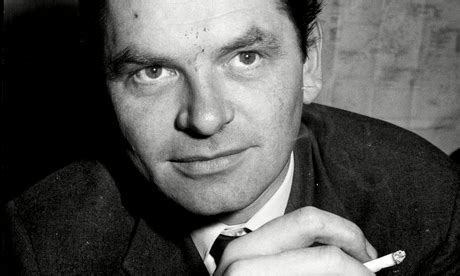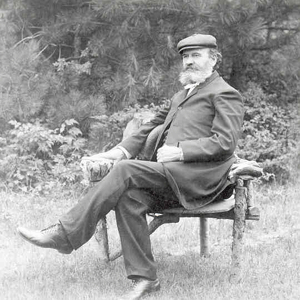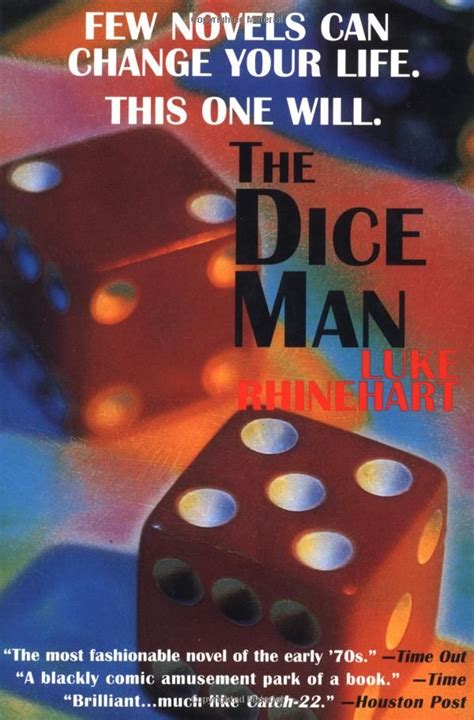A Quote by Solomon
Better is the man of humble standing that works for himself than one who plays the great man but lacks bread.
Related Quotes
The foundation of humility is truth. The humble man sees himself as he is. If his depreciation of himself were untrue,... it wouldnot be praiseworthy, and would be a form of hypocrisy, which is one of the evils of Pride. The man who is falsely humble, we know from our own experience, is one who is falsely proud.
The following sentiments are illustrative of the philosophy of the Talmud: "Love peace and pursue it at any cost." ... "Remember it is better to be persecuted than to persecute." ... "Be not prone to anger." ... "He who giveth alms in secret is greater than Moses himself." ... "It is better to utter a short prayer with devotion than a long one without fervor." ... "He who having but one piece of bread in his basket, and says, What shall I eat tomorrow? is a man of little faith."
No man can expect to find a friend without faults; nor can he propose himself to be so to another. Without reciprocal mildness and temperance there can be no continuance of friendship. Every man will have something to do for his friend, and something to bear with in him. The sober man only can do the first; and for the latter, patience is requisite. It is better for a man to depend on himself, than to be annoyed with either a madman or a fool.
God has intended the great to be great and the little to be little ... The trade unions, under the European system, destroy liberty ... I do not mean to say that a dollar a day is enough to support a workingman ... not enough to support a man and five children if he insists on smoking and drinking beer. But the man who cannot live on bread and water is not fit to live! A family may live on good bread and water in the morning, water and bread at midday, and good bread and water at night!
You are different from the really great man in only one thing: The great man, at one time, also was a very little man, but he developed one important ability: he learned to see where he was small in his thinking, and actions. Under the pressure of some task which was dear to him he learned better and better to sense the threat that comes from his smallness and pettiness. The great man, then, knows when and in what he is a little man.
To change man, the audience by which he judges himself must be changed. A man is defined by his audience: by the people, institutions, authors, magazines, movie heroes, philosophers by whom he pictures himself being cheered and booed. Major psychological disturbances, 'identity crises', are caused when an individual begins to change the audience for whom he plays: from parents to peers; from peers to the works of Albert Camus; from the Bible to Hugh Hefner.
What is an optimist? The man who says, "It's worse everywhere else. We're better off than the rest of the world. We've been lucky." He is happy with things as they are and he doesn't torment himself. What is a pessimist? The man who says, "Things are fine everywhere but here. Everyone else is better off than we are. We're the only ones who've had a bad break." He torments himself continually.






































